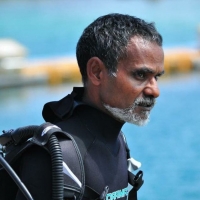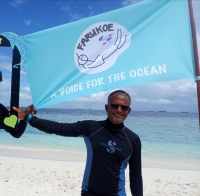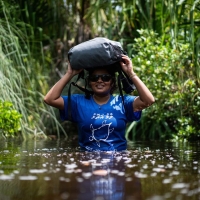Being the largest resource user in the country, the tourism industry must step up to ensure that their operations have a minimum impact on the environment. Tourists who visit the country can help to promote reef resilience by choosing operators that have high sustainability standards such as those protecting their carbon burying, island protecting seagrass meadows, managing their coral fisheries and not destroying the coral reefs during the development phase. Also, look out for social indicators such as Maldivian staff employment rate and community projects funded by the operator. The industry must also do better in ensuring that the Green Tax are utilized better- for conservation and livelihoods diversification projects.




